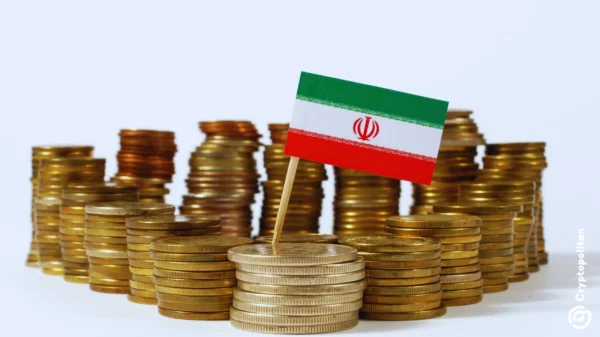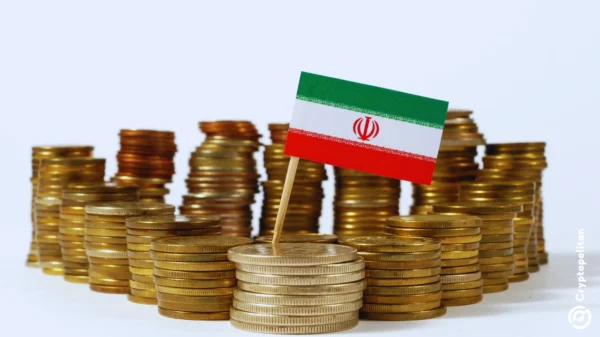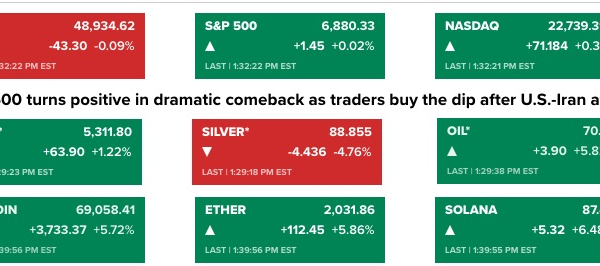Luxembourg is leading the charge in cryptocurrency adoption with a bold prediction from its finance minister, suggesting that other nations will follow suit and invest in Bitcoin. This statement is grounded in reality rather than speculation, as Luxembourg has already allocated 1% of its sovereign wealth fund to Bitcoin, marking a significant milestone in how governments perceive digital assets.
The implications of Luxembourg”s decision extend far beyond its borders. As noted by Changpeng Zhao, co-founder of Binance, the actions of sovereign wealth funds are likely to create a ripple effect, prompting other countries to consider similar allocations. This strategic shift is set against a backdrop of economic uncertainties, where nations seek diversification and protection against inflation, positioning themselves for future technological advancements.
Several compelling factors are encouraging governments to invest in Bitcoin:
- Diversification benefits that go beyond traditional investment avenues.
- Protection against the erosion of currency value due to inflation.
- Advancements in technology that facilitate the integration of digital assets.
- Gaining early mover advantages in the burgeoning digital asset sector.
The timing of these investments is critical. As countries begin to buy Bitcoin, the network effect strengthens, enhancing the value of early adoption. Luxembourg”s example demonstrates that it is feasible for sovereign wealth funds to responsibly incorporate cryptocurrency into their financial strategies.
As nations react to this trend, Luxembourg”s public commitment can serve as a model for others. Countries grappling with economic challenges or eager to establish leadership in technological innovation stand to benefit the most from this shift. The pivotal question is not if countries will invest in Bitcoin, but rather when and in what proportions they will do so. Luxembourg”s benchmark of 1% provides a cautious yet tangible starting point for risk-averse institutions to emulate.
However, governments face various challenges in acquiring Bitcoin. Key considerations include:
- Establishing secure storage solutions for substantial holdings.
- Navigating regulatory frameworks and compliance issues.
- Managing public perception and political implications.
- Implementing strategies to handle price volatility.
Despite these challenges, Luxembourg”s proactive approach illustrates that with careful planning, countries can effectively integrate Bitcoin into their national reserves. As infrastructure matures and best practices develop, the likelihood of more nations investing in Bitcoin increases.
The global financial landscape is undergoing a transformation, with Luxembourg”s initiative emblematic of a shifting paradigm in sovereign wealth management. The notion that countries will buy Bitcoin is transitioning from a speculative idea to a reality, supported by tangible actions from early adopters.
The strategic advantages of Bitcoin investment are compelling enough to outweigh perceived risks. Luxembourg”s leadership not only inspires but also provides practical guidance for other nations contemplating similar pathways into the realm of digital assets.
Frequent Questions
How much Bitcoin has Luxembourg purchased? Luxembourg has converted 1% of its sovereign wealth fund into Bitcoin, though the exact amount has not been publicly disclosed to mitigate security concerns and market impact.
Which countries are most likely to buy Bitcoin next? Nations with robust technological infrastructure and progressive financial policies that seek diversification beyond traditional reserves are most likely to follow Luxembourg”s lead.
Why would countries buy Bitcoin instead of other cryptocurrencies? Bitcoin”s established network effect, high liquidity, and proven track record make it a safer option for sovereign wealth allocations.
How do countries securely store large Bitcoin holdings? Nations typically utilize multi-signature cold storage solutions, ensuring geographic distribution and implementing advanced security protocols to safeguard their digital assets.
What impact could sovereign Bitcoin buying have on prices? Significant allocations from sovereign entities could diminish circulating supply and elevate institutional confidence, potentially exerting upward pressure on prices over the long term.
Are there legal barriers preventing countries from buying Bitcoin? Legal frameworks differ by country, but many developed nations have created pathways for sovereign wealth funds to invest in alternative assets, including cryptocurrencies.
For those intrigued by the evolution of sovereign Bitcoin adoption, sharing this article can enhance understanding of why nations are moving towards Bitcoin and how this trend may reshape the global financial landscape.
To delve deeper into the latest developments surrounding Bitcoin, explore our article on key trends influencing institutional adoption of Bitcoin.















































































